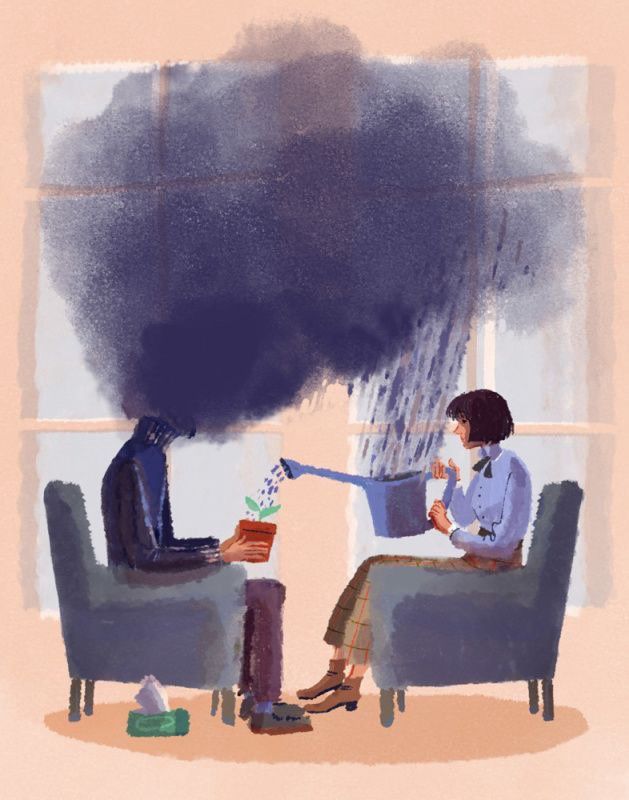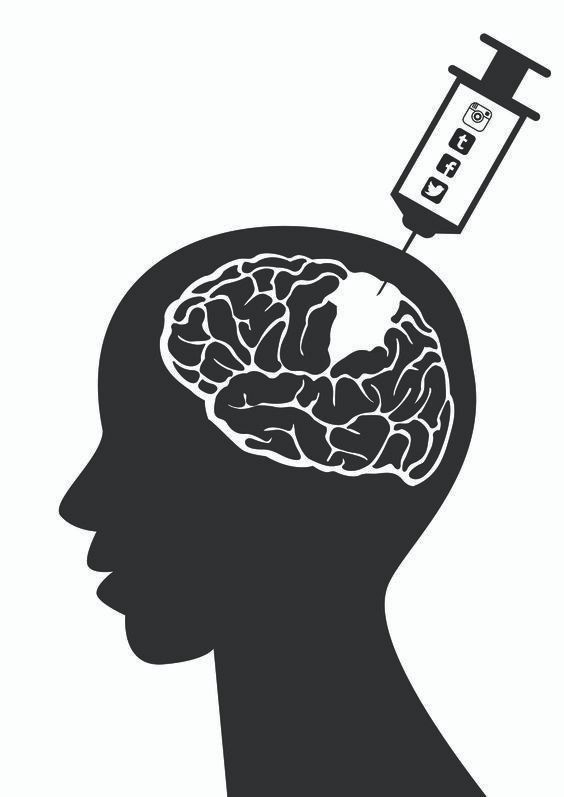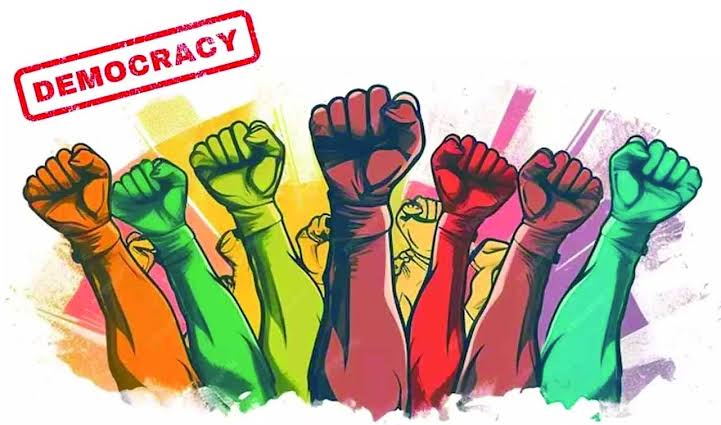World Court Issues Arrest Warrants For Taliban Leaders For Persecuting Afghan Women
The International Criminal Court (ICC) on Tuesday issued arrest warrants for two senior Taliban leaders in Afghanistan, including the group’s supreme spiritual leader, Haibatullah Akhundzada, over alleged crimes against women and girls.
The ICC stated that there are reasonable grounds to believe that Akhundzada and the Taliban’s Chief Justice, Abdul Hakim Haqqani, committed the crime against humanity of gender-based persecution. The charges relate to systematic oppression targeting women, girls, and individuals who do not conform to the Taliban’s strict policies on gender, gender identity, or expression.
Meanwhile, Amnesty International has hailed the decision by the International Criminal Court (ICC) Pre-Trial Chamber to issue arrest warrants for Akhundzada and Haqqani.
The warrants are for the crime against humanity of gender persecution in Afghanistan and their alleged individual responsibility.
In a statement signed by Agnes Callamard, Secretary General, Amnesty International said the move marks a significant step towards justice for Afghan women and girls who have faced systematic oppression under Taliban rule.
The organisation is also urging the international community to take further action by recognising gender apartheid as a crime under international law, in order to strengthen global efforts to dismantle institutionalised regimes of discrimination.
According to Amnesty International, the ICC’s decision is vital to holding accountable those allegedly responsible for depriving women and girls of fundamental rights, including education, free movement and expression, private and family life, free assembly, and physical integrity and autonomy.
“Amnesty International welcomes the International Criminal Court’s decision to issue arrest warrants against the Taliban leaders.
“This is a landmark moment for women and girls in Afghanistan who have suffered the consequences of the Taliban’s institutionalised system of gender oppression for almost three years,” said Agnes Callamard, Secretary General, Amnesty International.
Callamard said, “Today’s decision sends a clear message that the international community will not tolerate the systematic discrimination, oppression, and marginalisation of women and girls. The Taliban’s actions amount to gender persecution, which is a crime against humanity.
“The international community must now recognise gender apartheid as a crime under international law. This will strengthen efforts to combat institutionalised regimes of systematic oppression and domination imposed on the grounds of gender.”
Since reclaiming power in August 2021, the Taliban have imposed sweeping and systemic restrictions on women and girls, effectively erasing them from public life.
These measures are rooted in a strict interpretation of Islamic law and have been widely condemned as gender apartheid. Girls are banned from attending school beyond sixth grade. Women are prohibited from university education, including medical and midwifery programmes while female students have been turned away at gunpoint from campuses.
Women are also barred from most government and private sector jobs. NGOs and international organisations have been ordered to dismiss female staff.
Also, women cannot travel without a male guardian (mahram), and they are banned from parks, gyms, and salons.
Public speaking, singing, or even being heard in public is forbidden.
Regarding the dress code, women are required to wear full-body coverings, including veils that cover their faces.
Violations can result in punishment for both the woman and her male relatives. Women are banned from training as midwives, despite Afghanistan’s high maternal mortality rate. Therefore, access to female medical care is severely limited.
You may also like...
Therapy in Africa: A Trending Lifestyle or a Cultural Necessity?

Therapy is rising in African spaces—but is it a trend or a true cultural shift? This article explores how African youth ...
The Real Cost of Political Apathy: Why Choosing Silence Is Still a Choice
.jpeg)
Apathy is silently eroding African democracies. This powerful article explores why youth political disengagement isn't n...
Tech But No Touch: Is AI Disrupting Human Intimacy?

As AI weaves deeper into our emotional and romantic lives—from dating apps to virtual companions—this article explores h...
Social Media Activism: Real Change or Just Noise?
.jpeg)
From #EndSARS to #MeToo, hashtags have raised awareness—but is digital protest enough? This article explores the power a...
Can African Men Be Pretty Too?

Can African men be pretty without judgment? This bold essay challenges rigid gender norms, celebrating the quiet rebelli...
The Mind Forgers: Is Social Media Building Echo Chambers That Break Our Reality?

Do social media echo chambers break our reality? Explore how algorithms program minds, fuel polarization, erode critical...
Is Democracy Working for the Average African Youth?

Despite regular elections and democratic systems, many African youth feel excluded from real change. This article examin...
Why Sleep is the New Flex Among Burnt-Out Youth
.jpeg)
Across African cities, a new generation is rejecting burnout and embracing sleep as the ultimate form of self-care and...




